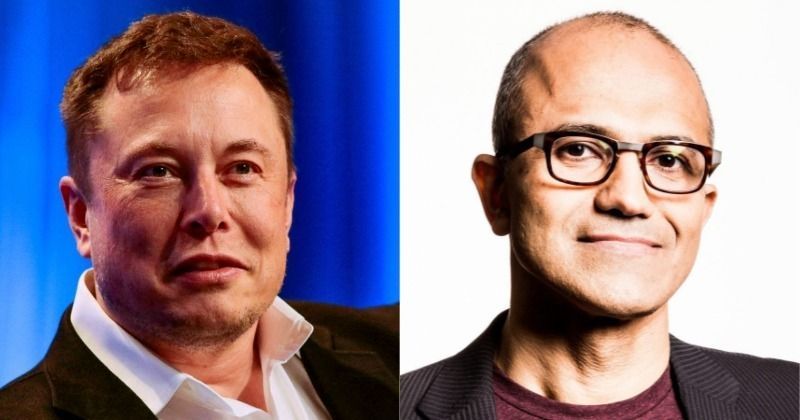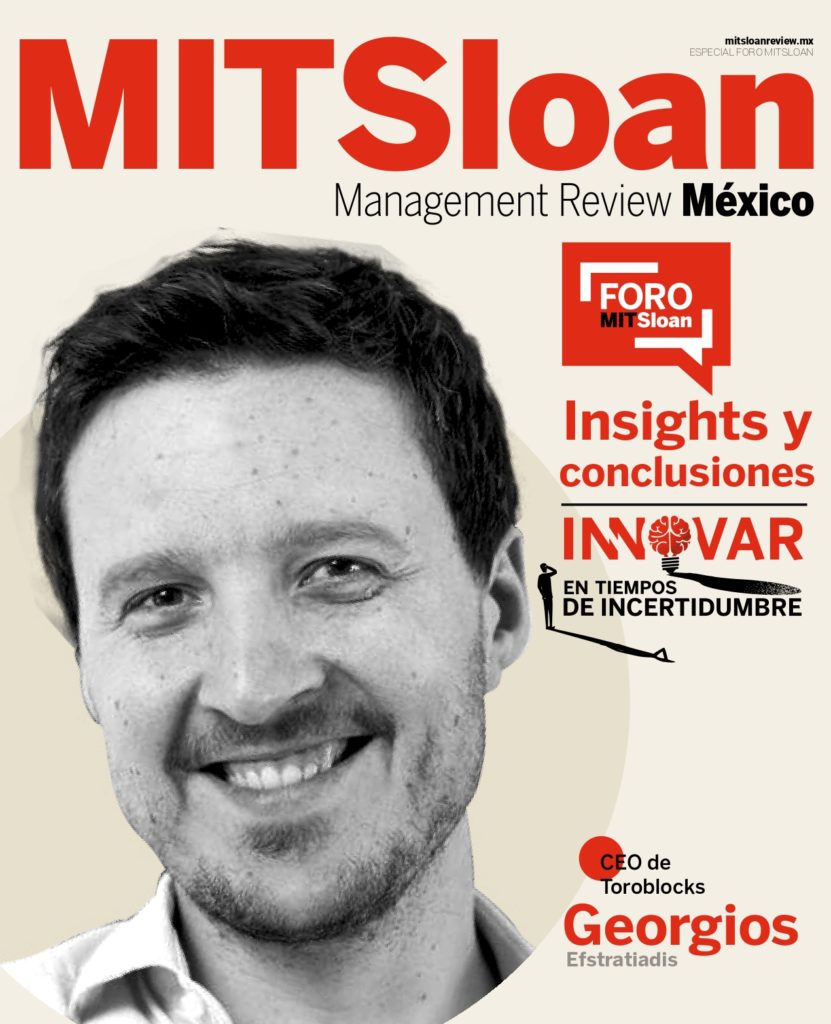In December 2015, a group of entrepreneurs, including Elon Musk, Sam Altman, Greg Brockman, Ilya Sutskever, Wojciech Zaremba, and John Schulman, founded OpenAI. When the company was started, its main goal was to make sure that artificial general intelligence (AGI) would help humanity as a whole.
The people who started OpenAI thought that AGI could have a big positive impact on society if it was developed in a safe and responsible way. They also thought it was important to start an organization that would do research and development in this field with the public good in mind and that there wasn’t enough research and development in the field of AGI that was focused on the public good and that this was an area that needed more attention.
At first, OpenAI was a non-profit research company whose goal was to improve digital intelligence in a way that would help people as a whole the most. They put out many research papers and models and made many of their technologies available to anyone who wants to use them.
OpenAI LP
OpenAI LP was created in 2018 as a for-profit branch of OpenAI Inc. Its goal is to bring some of the company’s research and technologies to the market. The company said it would use the money made by OpenAI LP to pay for OpenAI Inc.’s ongoing research and development.
OpenAI’s decision to create a for-profit subsidiary, OpenAI LP, has also raised concerns about the company’s commitment to open access and its potential to prioritize profit over the public good.
Microsoft Comes In
One of the biggest worries about OpenAI is that it has gotten a lot of money from some of the biggest tech companies in the world, like Microsoft, which recently let slip that it might invest another $10 billion in the company on top of the $1 billion it has already put in (2019). This has raised questions about how independent OpenAI can really be and whether its corporate backers will be able to influence its decisions and research.
One could say that Microsoft’s investment in OpenAI doesn’t do much to make the project more open. As a big company that makes money, Microsoft has its own goals and priorities that may not always match up with OpenAI’s.
Microsoft’s investments can be seen as a way to control or influence OpenAI’s decisions, research, and direction. Since Microsoft is a big tech company, it might have its own secret technologies and business models that it wants to protect. It might also want to steer OpenAI’s research away from areas that could hurt its business or make it less competitive.
Microsoft’s investment in OpenAI can also be seen as a way to get access to research and technologies that it can use to improve its own products and services. This could make it hard for people to find out about and use OpenAI’s research and technology, which goes against the idea of openness.
Also, this could be seen as a way for Microsoft to get an edge over its competitors by controlling access to the latest AI research and technologies. This can lead to a lack of competition and slow down new ideas, which hurts the public good in the long run.
Elon Musk
As an entrepreneur, Elon Musk’s main goal is to make money and make sure his investors do well. Even though he may say in public that his goals are for the public good, it is important to look at what he does and decides with his companies and investments.
Musk (co-founder of Open AI) is the founder and CEO of several companies, including SpaceX and Tesla. He has a clear financial interest in the success of these companies. He has said that his main goal is to make the companies he runs worth more. This is similar to traditional business models, where the main goal is to make as much money as possible.
Also, as a public figure with a lot of attention, Musk has a reputation to keep up and wants to be seen as a tech industry visionary and leader. He might say and do things in public that are good for the public good in order to boost his image and feed his ego, rather than because he really cares about helping people.
Musk is also known for being outspoken and sometimes controversial in his opinions and statements, which can be seen as self-promotion and often don’t take into account the facts or the well-being of others. Which shows that he cares more about his image and reputation than the good of the public.
My view
In my view, while organizations backed by large tech companies may have the resources to make significant contributions to the field of AI, it is important to consider the potential conflicts of interest and limitations on their research and decision-making that may arise from their funding sources. True openness and commitment to the public good may be hindered by the profit-driven goals of these corporate backers.
Despite these concerns, it should be noted that OpenAI has made significant contributions to the field of AI and has made a number of its research papers and models freely available to the public. Additionally, the company has stated that it will not develop or deploy military technology, and has also committed to making its AI models available to a wide range of users, including researchers and developers in academia and industry.
But we can’t deny the fact that originally this was also supposed to be an open non-profit project.
The ethical questions and concerns surrounding OpenAI are not to be taken lightly. With the increasing power and potential of AI, it is crucial that the companies and organizations at the forefront of this field are transparent and accountable in their actions and decision-making. It is also important that they are truly committed to the public good, rather than simply maximizing profits.
While OpenAI has made some efforts to be open and transparent, there are valid concerns about the level of independence it can maintain given its funding from large tech companies and the for-profit status of its subsidiary. It is crucial that the company continues to prioritize the public good and remain accountable to the wider community in its decision-making and research.



